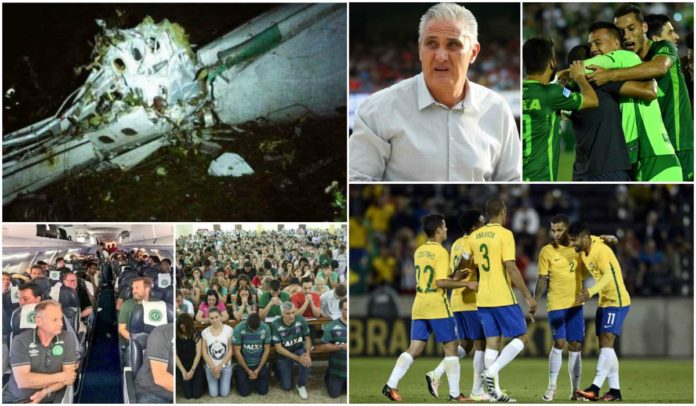Brazilian football will look back on 2016 as a mixture of glory and tragedy, blending the conquest of Olympic gold at home and the sorrow caused by a plane crash, which killed 19 players, as well as coaches and managers of the Chapecoense football team.
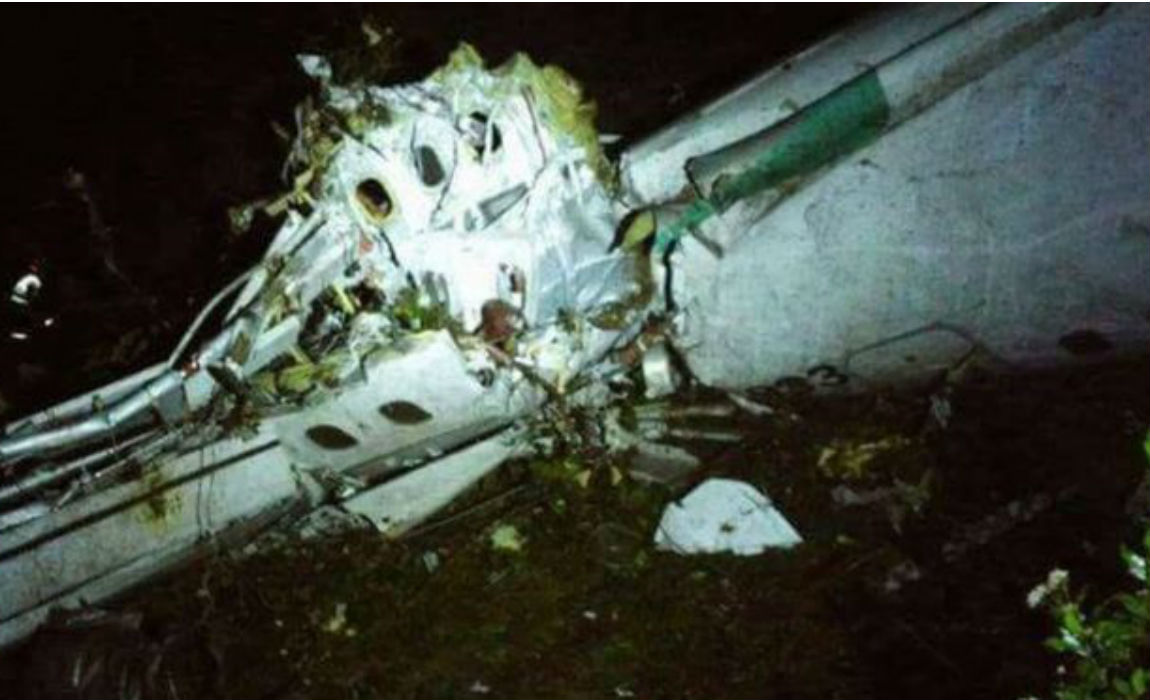 The first half of the year proved very difficult. The legendary Brazilian squad could not seem to find its feet, languishing in sixth place of the South American qualifiers for the 2018 World Cup, and being knocked out by Paraguay during the knockout stage of the Copa America Centenario.
The first half of the year proved very difficult. The legendary Brazilian squad could not seem to find its feet, languishing in sixth place of the South American qualifiers for the 2018 World Cup, and being knocked out by Paraguay during the knockout stage of the Copa America Centenario.
 A change was imminent when Aldenor Bacchi, known as Tite, took over as national coach from Dunga in June.
A change was imminent when Aldenor Bacchi, known as Tite, took over as national coach from Dunga in June.
Under Tite’s command, the “Selecao” was transformed, scoring six consecutive wins in the qualifiers to close the year on top of the rankings, with 27 points, four ahead of Uruguay in second place.
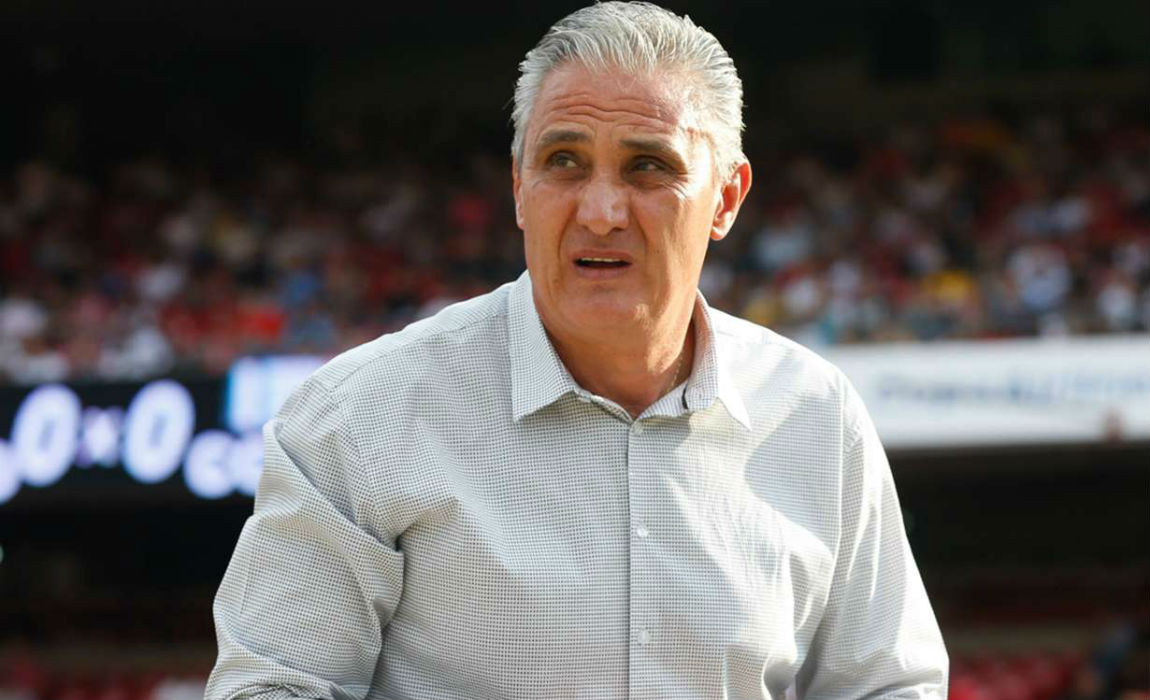 Alongside this reversal, the Brazilian team, led by Neymar, won the gold medal at home during the Rio Olympics, on the hallowed turf of the Maracana.
Alongside this reversal, the Brazilian team, led by Neymar, won the gold medal at home during the Rio Olympics, on the hallowed turf of the Maracana.
In the league, Brazilian football clubs took six direct qualifying spots for the Copa Libertadores: Palmeiras, Santos, Flamengo y Atletico Mineiro, for finishing in the top four spots of the Brazilian championship, Gremio, champion of the Brazilian Cup, and Chapecoense, considered as champions of the regional Copa Sudamericana.
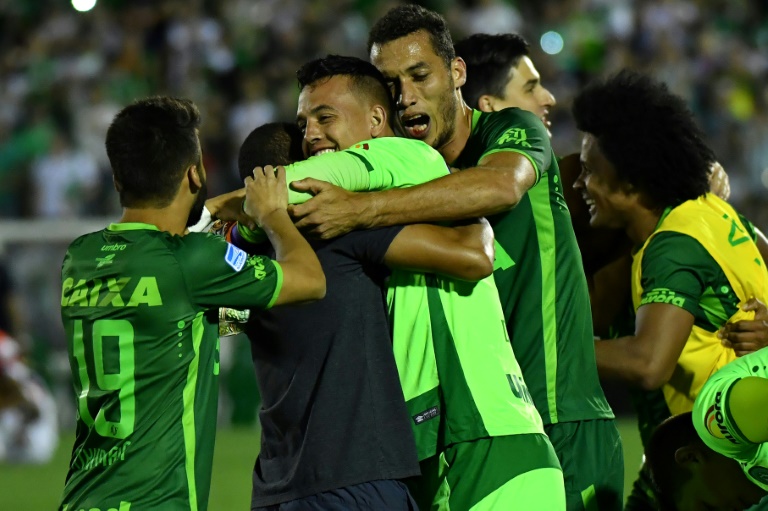
Two more teams, Botafogo and Atletico Paranaense, who finished fifth and sixth in the league, will enter the play-offs to try and take yet another Copa Libertadores spot.
However, these triumphs were overshadowed by a falling plane. The crash on Nov. 29, close to the Colombian city of Medellin, was made all the more tragic by the story of Chapecoense.

A modest team from the southern town of Chapeco and a relative newcomer to the ranks of the sparkling first division, Chapecoense was on its way to its first international final against Atletico Nacional.
The plane, belonging to Bolivia’s LaMia, was carrying the team, its guests and 22 journalists to Medellin, when it crashed near the airport, calling all on board except for six survivors, three players, two crew members, and a journalist.
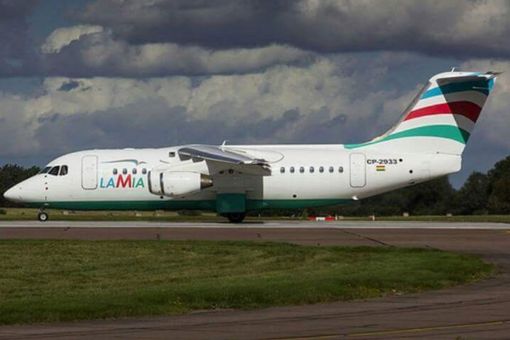
The shock and pain united the footballing world to stand united with the families of the deceased. Stadiums across the world fell silent as ranks of players bowed their heads. Many of them wore the symbol of the Brazilian club on their shirts and cries of “Vamos Chape!” were heard from Manchester to Mexico City.
A massive funeral ceremony was held at Chapecoense’s stadium, attended by Brazilian President Michel Temer and football dignitaries from around the world.
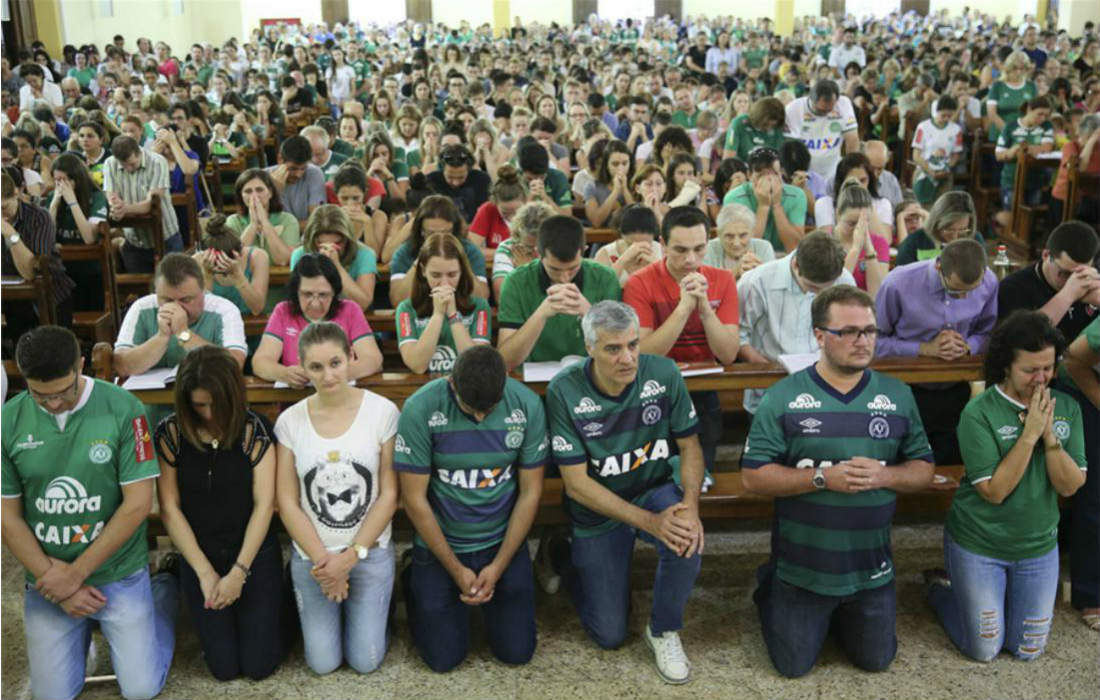 However, Atletico Nacional in Colombia performed an emotional ceremony of their own and successfully requested that the Copa Sudamericana be given to Chapecoense.
However, Atletico Nacional in Colombia performed an emotional ceremony of their own and successfully requested that the Copa Sudamericana be given to Chapecoense.
This will allow the club to directly qualify for the Copa Libertadores and other international cups, while the Brazilian football association has said the club will not be relegated for the next three seasons.
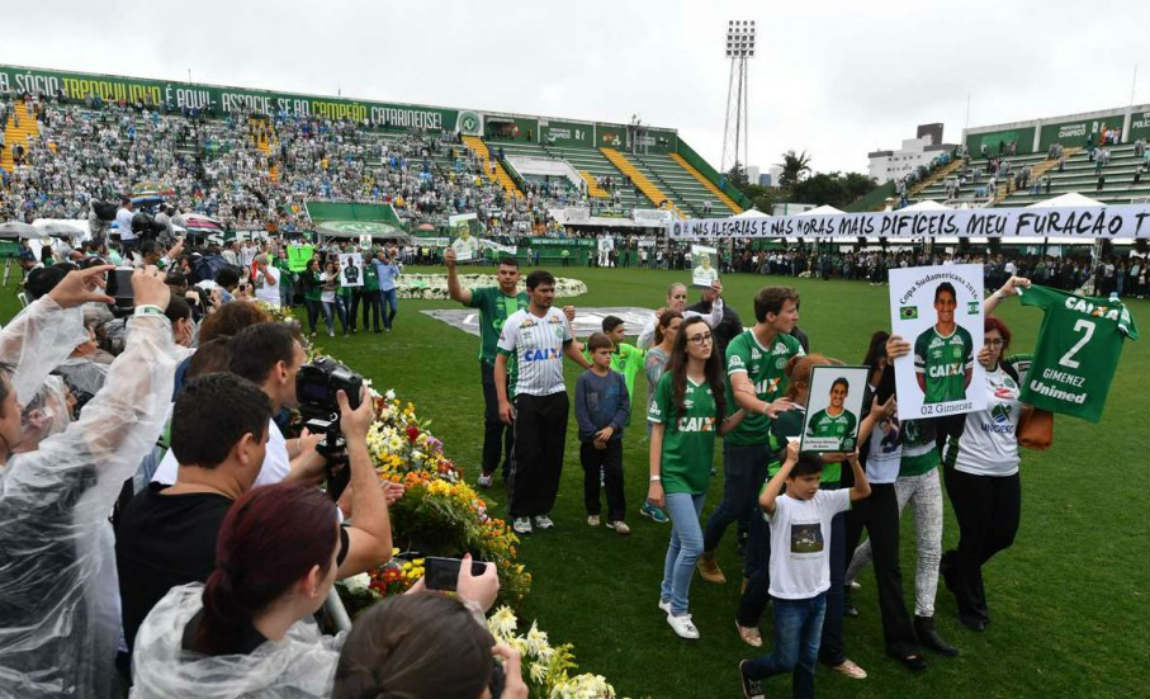 Now, the club is fielding offers from around the world, with clubs ready to loan it players for free, ahead of the 2017 season beginning on Jan. 25.
Now, the club is fielding offers from around the world, with clubs ready to loan it players for free, ahead of the 2017 season beginning on Jan. 25.

